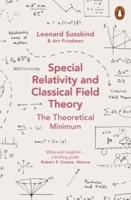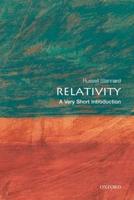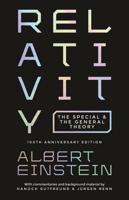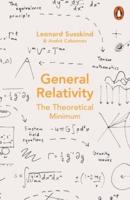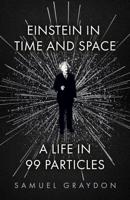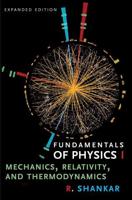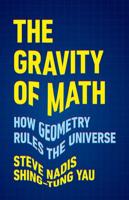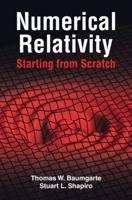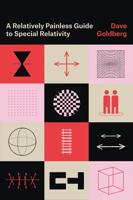Publisher's Synopsis
This groundbreaking book challenges a fundamental principle of modern physics: the mass-energy equivalence. In Mass and Energy Are Distinct, Joseph George presents the Exploding Mass Defect Hypothesis, a bold new perspective that reinterprets nuclear reactions-not as direct mass-to-energy conversions, but as explosive phase transitions. According to this theory, the so-called "lost" mass in nuclear reactions is not converted into energy but instead transforms into an ultra-fine form of matter that permeates space. This paradigm-shifting idea has profound implications, potentially reshaping our understanding of relativistic effects, cosmic expansion, and even the nature of dark matter.
Drawing from both experimental and theoretical approaches, George reexamines classical physics concepts using techniques such as acoustic emission monitoring and phonon detection. He delves into the kinetic energy distribution of nuclear fission products and explores alternative explanations for time dilation, length contraction, and gravitational lensing. His analysis not only challenges Einstein's well-established theories but also offers new perspectives on gravitational waves, space propulsion, and the wave-like behavior of subatomic particles.
Presented in an engaging question-and-answer format, this book invites readers to explore a revolutionary shift in our understanding of mass, energy, and the forces shaping the universe. Whether you are a physicist, a student, or simply a curious thinker, Mass and Energy Are Distinct compels you to reconsider what you thought you knew-ushering in a new era of scientific inquiry into the fundamental nature of reality.

